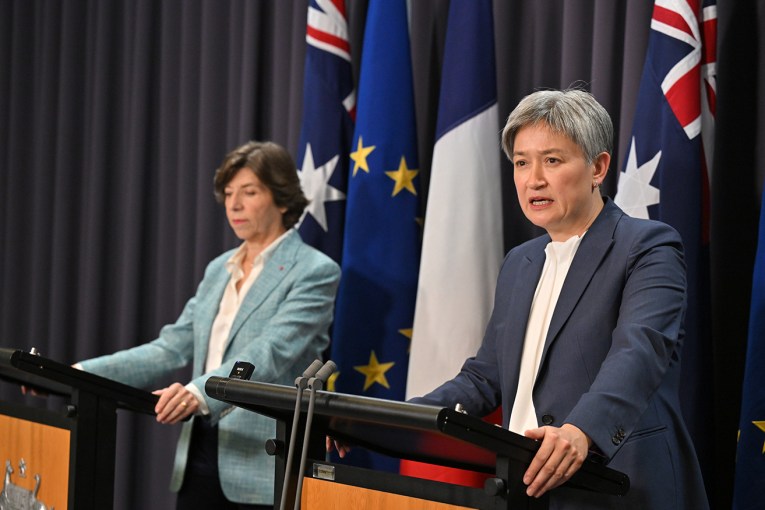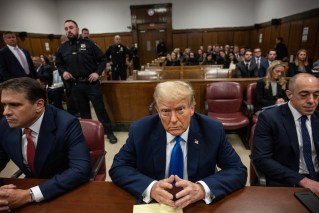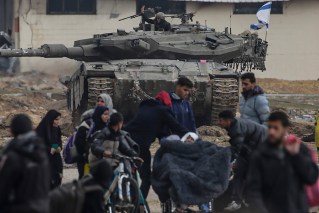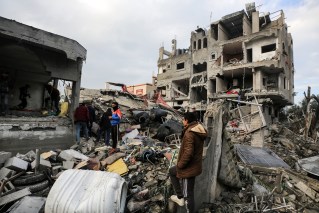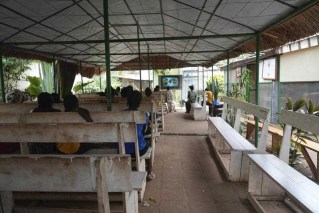Coronavirus: US sitting on tens of millions of AstraZeneca doses but won’t share with Europe

The US is reportedly sitting on tens of millions of doses of the AstraZeneca vaccine because of a hold-up in local clinical trials.
Meanwhile, The New York Times is reporting, countries that have authorised the use of the AstraZeneca jab are pleading for access to these doses before their shelf life expires.
About 30 million doses are stored in a facility in Ohio and there’s concern that the vaccine, which has a refrigerated shelf life of up to six months, will go off before it can be be used.
There’s an argument going between between certain federal departments and the White House about the risk of these doses being wasted.
Some officials are pushing for the vaccine sitting idle to be exported to Brazil, where the government has scornfully refused to mandate or even support social distancing measures, and where the coronavirus is wildly out of control.
AstraZeneca has asked the US government if Europe could borrow these doses, which would be later replaced.
“We understand other governments may have reached out to the US government about donation of AstraZeneca doses, and we’ve asked the US government to give thoughtful consideration to these requests,” an AstraZeneca spokesman told The New York Times.
One of the problems with that idea is Europe’s widely reported ‘vaccine nationalism’ – where it blocks paid-for exports of the vaccine in order to use it in its own citizens.
Australia was caught out this way two weeks ago when Italy refused to export 250,000 doses.
So why is this happening?
The vaccine has been authorised for use in at least 70 countries – and will be the vaccine given to most Australians.
But in the US, results from local trials have not been reported, apparently because AstraZeneca dragged the chain is sharing information with the US Food and Drug Administration.
Last year it was predicted that the AstraZeneca vaccine would be the first to receive emergency authorisation in the US, because it’s relatively uncomplicated to store and transport, not requiring the extreme sub-zero temperatures needed for the Pfizer and Moderna vaccines.
Instead, those vaccines are now in use across the country. Results from a Phase III trial have been slow in forthcoming.
According to The Times, that trial was halted for nearly seven weeks last year because the company dragged its heels in providing the F.D.A. with “evidence that the vaccine had not caused serious neurological side effects in two volunteers.”
Several countries in Europe have suspended rollout of the AstraZeneca vaccine because some recipients have developed blood clots. So far, investigators say it appears the blood clots would have occurred regardless of the vaccine.
The main reason why the US is refusing to share its AstraZeneca stockpile with countries in need is because it’s not a good look, politically, at home. Vaccinations are gaining significant pace in the US, but in a country of nearly 330 million people, there are big holes in the roll-out.
“If we have a surplus, we’re going to share it with the rest of the world,” President Joe Biden told a press conference this week, regarding vaccines.
“We’re going to start off making sure Americans are taken care of first.”
